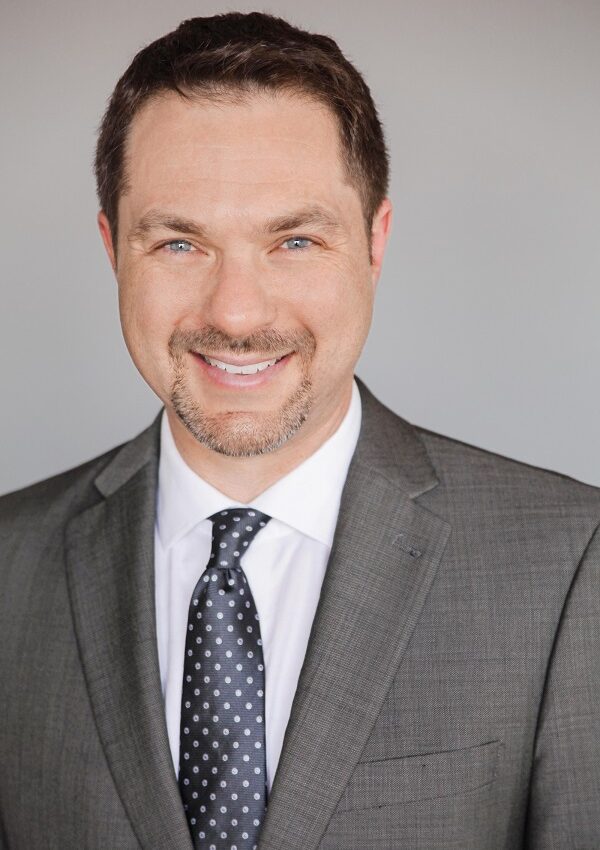I have been a Los Angeles Defense Attorney since 1999, and I have repeatedly told my friends, family, and clients not to talk to police. I tell them at every holiday, party, get-together, and consultation: you have the right to remain silent. USE IT. When police pull you over, whether it’s the California Highway Patrol, LAPD or Sheriff, DO NOT TALK TO THEM. The truth is that it is a lot harder to DO than to say.
I learned this again the other night when I was pulled over in my vehicle by one of our local police officers. I won’t say which officer it was, but note that my law office is in Beverly Hills, right next to West Hollywood Sheriff’s station. Now, the other night the police thought that they had witnessed me participating in some “crazy driving” (exhibition of speed, reckless driving, evading, and the like) and the cop started out being the “Bad Cop” (i.e. the show of authority, lights, siren, badge, gun and intimidation). Keep in mind, police are trained in how to conduct an investigation, extract incriminating statements, and in how to get around the Miranda rules. The cop even told me that he had the entire event on video! I know his car did have video and audio, but I don’t know what it picked up, and I was not going to admit to anything. The cop pushed hard with the “Bad Cop” routine, and as effective as he was, I stood my ground and gave him nothing. The cop then switched to “Good Cop” and tried again to get me to make incriminating statements by playing friendly and showing “concern” for my safety, hoping I would let my guard down. I did note that he still had his ticket book out. Again, it was hard to keep my mouth shut. All I did was comply with his orders by providing my driver’s license, insurance, name, address and the like, but I did not admit to my type of driving, where I had been or where I was going.
In the end, he decided he did not have enough to go on and sent me on my way. I don’t know if he was just a nice cop or maybe the video did not show what he thought it did, but I was able to leave without a citation or worse. This was, in part, because I did not talk too much.
Of course, you must be polite, respectful, and courteous to any law enforcement officer you encounter, but you do not need to answer all of their questions. If you find yourself on the side of the road with a cop asking you questions that you don’t want to answer, DO NOT ANSWER THEM!
Now the hard truth: if the police are asking you questions you don’t want to answer and you do not answer them, you may get arrested and taken downtown. That is some scary stuff, BUT, if you are out of your car and on the side of the road answering questions that you don’t want to, it is likely that you are going to get arrested anyway.
The officer may be playing “Bad Cop” or “Good Cop”; either way, you are going to be intimidated. (I was.) In the end, the cop is NOT your friend. Their job is to investigate and gather as much evidence as they can to give to the prosecution for building a case against you. Your job is to keep quiet and not provide them with that information. The police will arrest you if they feel you are impaired and above the legal limit in any scenario…even if you are nice, even if you answer all the questions about how much you had to drink or where you’ve been, even if you do the field sobriety tests and blow into the breathalyzer. They make you think that if you tell them your story and answer all their questions, they will somehow understand your unique situation and release you. Not true. They are collecting information to arrest you. It’s what they’ve been trained to do. Nothing you say to the cop will HELP your case. Everything you say will help them to arrest you. So don’t help them. Don’t answer their questions. The less you say, the less information they’ll have to charge you with DUI.
I know that any encounter with the cops is stressful. As a longtime Los Angeles Defense Attorney, I can tell you that the less information the police have, the easier my job is. My job is to protect you, protect your rights, and keep you out of trouble. Please make my job easier, and your chances better, and bottle up any urges you have to divulge information.
If you want to cooperate and answer all of the cops questions, that is okay, too. When I got pulled over, I really wanted to explain and talk to the cop. So, I understand if you do talk to the cops; it is what they are trained to
get you to do.
Every case is unique, and if you are on probation or parole, the rules regarding police contact are different. If you have any questions please call or e-mail MrDuiLa.com.
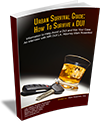

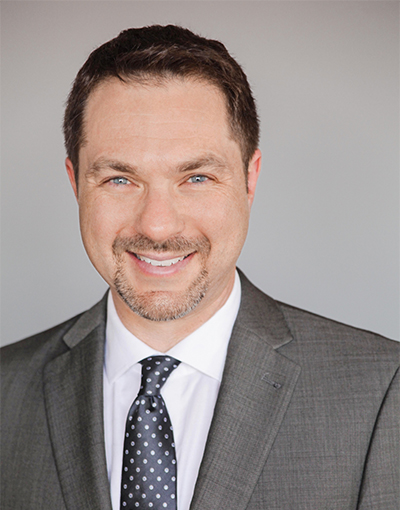
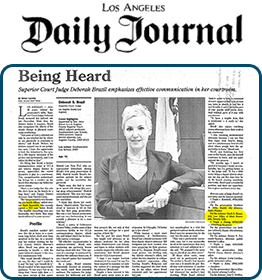
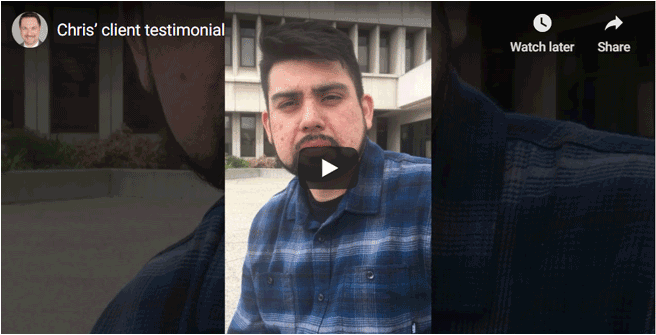
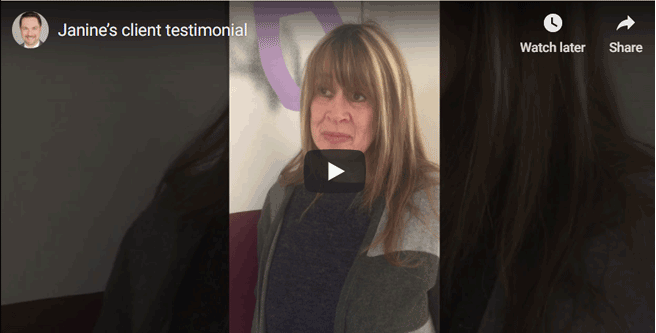
 Personal Attention
Personal Attention Every criminal case is unique and no attorney can guarantee the outcome of a case. The information on this site is legal advertising and for general information only. Using this site, requesting books, information, consultations or communicating with Attorney Rosenfeld through its site does not form an attorney/client relationship.
Every criminal case is unique and no attorney can guarantee the outcome of a case. The information on this site is legal advertising and for general information only. Using this site, requesting books, information, consultations or communicating with Attorney Rosenfeld through its site does not form an attorney/client relationship.
